
Talking Hands, Listening Eyes
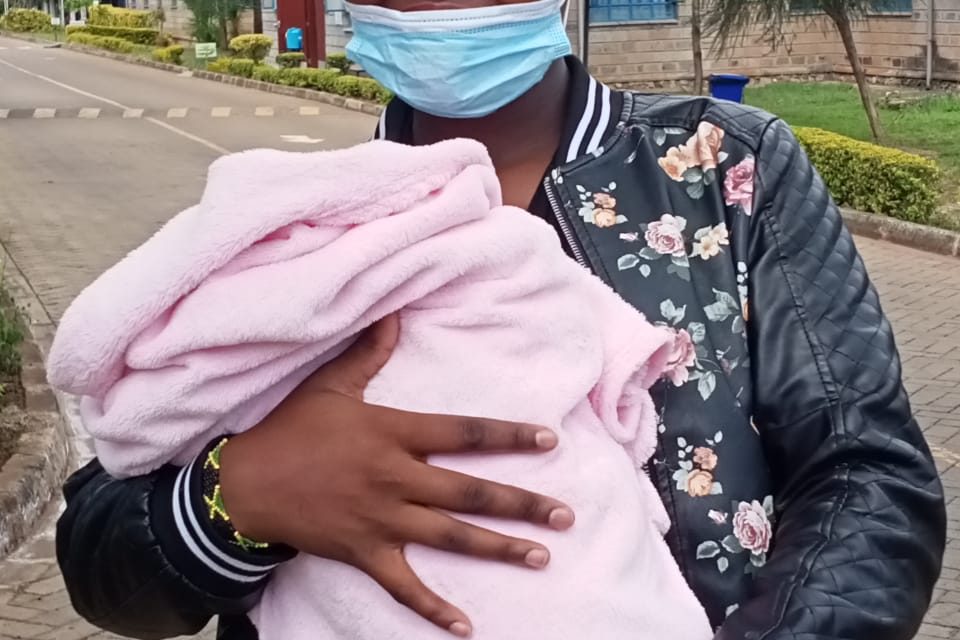
Twenty-six-year-old Catherine Kinya had just completed her Diploma in Catering course. She had hoped to get a job as a reward to her over ten years of education, but “things on the ground are different” as young people commonly say in Kenya.
“After I completed my attachment, I did not have anything to do. So my friend invited me to start a business which I agreed,” she narrates.
“We used to buy second hand clothes from Gikomba market in Nairobi, then sell to customers.”
Ms. Kinya is one of the over 5.3 million jobless young Kenyans, according to a data released in February 2020.
Kenya National Bureau of Statistics’ Director-General, Zachary Mwangi, said during the release of the findings that the “conventional population of youth aged 18 to 34 was 13.7 million, out of which 61 percent were working while 1.6 million were seeking work or indicated that there was no work available.”
Ms Kinya is deaf. She chose not to look at her disability as a stumbling block in life. She adapted the hawking skill and was able to serve her customers.
Few months later, first case of COVID-19 pandemic was reported in Kenya. By this time, she was a month old pregnant. Introduction of measures to minimize spread of the virus affected her business, limiting her income.
“I was shocked, my heart broke. I felt very bad and lonely. I even wanted to abort but I thank God I did not,” she says.
When her time was due, she took herself to a government hospital. On November 7 2020, she delivered her daughter.
The single mother laid on her maternity bed, thoughts crisscrossing her mind. She did not know how she was going to play her parental responsibilities. It is in this hospital that a well-wisher came through to offer a helping hand.
Judy Kihumba is a sign language interpreter. She has 10 years’ experience working with the deaf. She is also a member of the Kenya Sign Language Interpreters’ Association. The nature of her job has helped her understand the challenges the deaf face.
Mrs. Kihumba has passion for working and walking with deaf young mothers, especially to understand their mental health.
She says this silent world was worsened by COVID-19 pandemic. The deaf live as a community due to their unique language.
Most families with deaf people don’t know sign language hence making it hard to communicate. With the pandemic, governments have not favored them. It’s in this that Judy realized there is need for their mental health check and talk, especially the young mothers who feel overwhelmed by the new change and no people around to help them walk the journey.
“I realized Catherine literally had nothing for the baby to everything in the house. I had to get everything for the baby and for the mother. I took it upon myself like she is my sister,” she says.
Mrs. Kihumba’s efforts to help “her sister” was not easy considering the fact that she stays on the other side of the city.
Beating curfew hours and insecurity were her biggest challenges.
“Catherine is not staying in a safe place and she is alone. I have to go there every day, cook and leave everything ready. One day, I had even forgotten about the curfew. I met this old lady who introduced herself to me. She told me my car had been marked, because I go there every day. She asked me not to be out past curfew next time. This reminded me that I was not safe,” quipped.
Mrs. Kihumba has committed to taking care of “her sister” for the first three months of her motherhood. She hopes by then she shall have stabilized “I am interested in deaf women who are young mothers.
“I always want to walk with them their first three months of motherhood where mental health of young mothers is crazy.”
According to World Health Organization, 5 % of population in any country is estimated to be deaf. This means about two million Kenyans are deaf.
The National chairperson, of Kenya National Association of the Deaf (KNAD), says majority of this population has been hit hard by COVID-19 in the country.
KNAD is a premier organisation advocating for the rights of deaf and hard of hearing people in Kenya.
Nickson Kakiri, in an exclusive interview with The Insider, highlighted some challenges facing the deaf, ranging from sexul assault and mental problems exacerbated by the COVID-19 pandemic.
“We had a deaf person who lost a job. Slept hungry twice and posted a video on Facebook but before we could reach out, he had committed suicide. Another case is of a deaf person in western part of the country, who was not aware of curfew and was beaten by police who required people to obey curfew orders.”
Mr. Kakiri further warns men who impregnate and dump deaf women.
“This is a violation the rights of the vulnerable. We want to ensure the deaf get visibility in courts.”
According to the Kenya National Bureau of Statistics, a 2019 census data on persons with disabilities shows that Kenya has 918, 270 persons aged 5 years and above with disabilities. About 12 % of this have hearing-impairment. The number is however, thought to be lower considering the fact that numerators were knocking doors during census. This might have left a certain percentage out.
Most of the people with hearing impairment are said to be unemployed.
The Assistant Director, Disability Services at National Council for Persons with Disabilities, says long-term solution to youth unemployment in Kenya is wanting.
James Ndwiga, also promises to reach out to Catherine Kinya and decide on how best Council can help her.
Even though little is known about the man responsible for Catherine Kinya’s pregnancy, the law requires him to contribute to the upbringing of the baby.
Dr. Elizabeth Kamundia of Kenya National Commission on Human Rights says both parents have a responsibility in upbringing of a child, adding that whatever the circumstance, working for the welfare of a child is every parent’s best interest.
“Article 53 (1)(e) of the Constitution of Kenya, 2010 states that every child has the right to parental care and protection, which includes equal responsibility of the mother and father to provide for the child whether they are married to each other or not,” she quotes.
When The Insider reached out to the alleged father to Ms. Catherine Kinya’s baby, he did not respond to our phone calls.
Ms Kinya hopes she will be able to get a job that will support her and the baby. She is a talented woman. She knows how to crotchet, run business and also bake.
“I feel very happy and excited about this new journey. It is the best feeling ever despite the challenges I have gone through; I feel this is the best gift ever that God gave me. I am so happy to be a mother. I will give her the best and more so my love,” she says with smiles of her little cute daughter.

















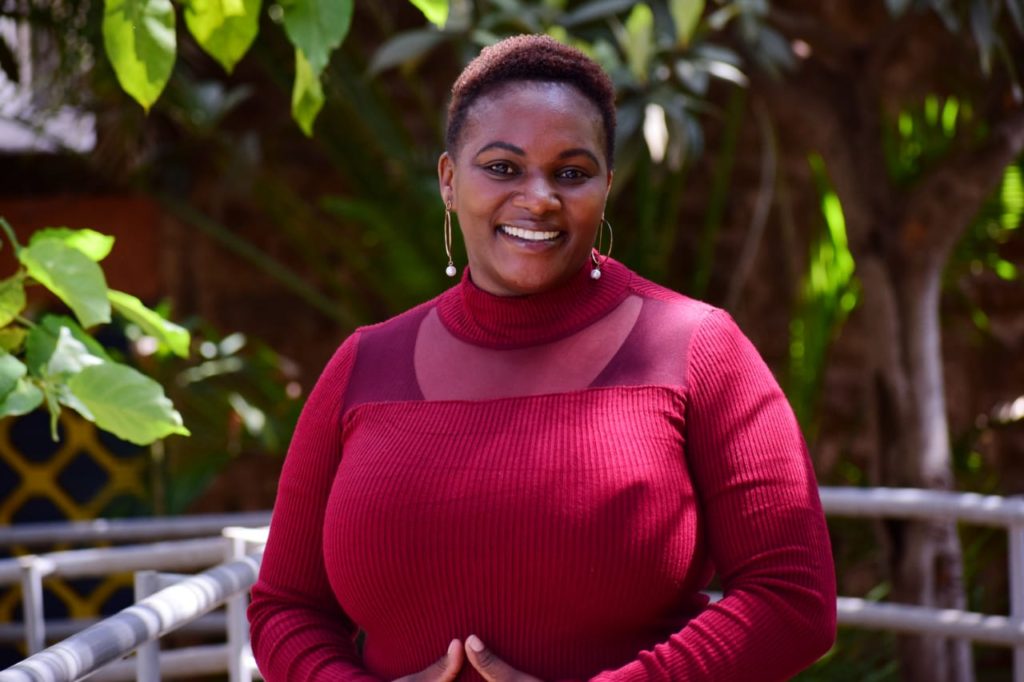
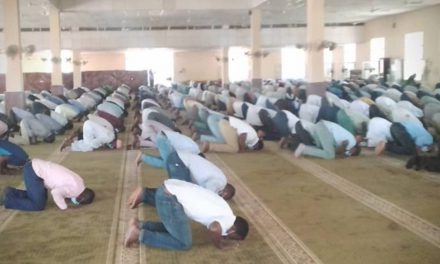

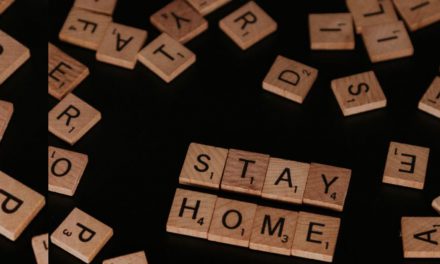
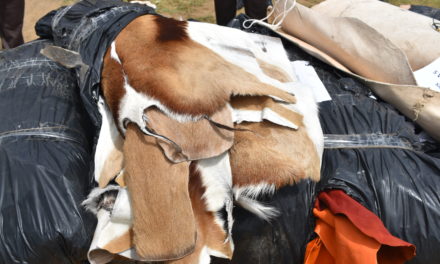
Recent Comments